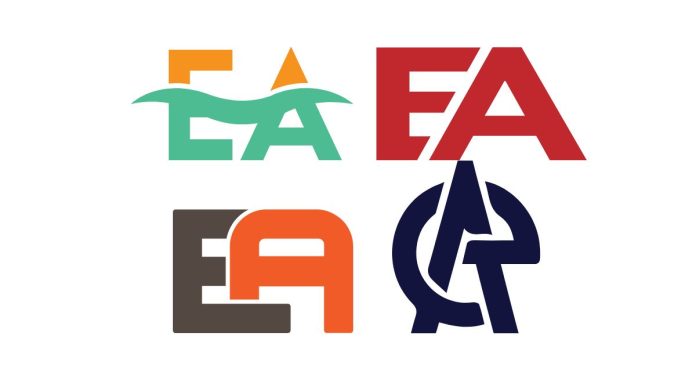Language is full of intriguing patterns, and one such feature is the suffix “-ea.” While not as common as other word endings, this suffix appears in some fascinating words, each with its own unique meaning and usage. Let’s take a closer look at examples and their significance.
Words Ending in “-ea”
Here’s a list of some common words that end with “-ea”:
- Tea: A popular beverage made by steeping leaves in hot water.
- Sea: A large body of saltwater, smaller than an ocean but equally vast and inspiring.
- Idea: A thought, concept, or mental image.
- Area: A space or region, often measured in terms of surface.
- Plea: A request or appeal, often used in legal contexts.
- Pea: A small, round vegetable found in pods.
- Lea: An open field or meadow, often used in poetic language.
The Significance of “-ea”
While “-ea” isn’t a suffix in the traditional sense (it doesn’t alter a root word’s meaning), its presence in these words gives them a distinct phonetic and visual quality. Many “-ea” words are short, simple, and versatile, often describing fundamental concepts or natural elements.
Fun Facts About “-ea” Words
- Dual Meanings
Some words ending in “-ea” have multiple interpretations depending on context. For example, “lea” might refer to a meadow in poetry but be less commonly used in everyday language. - Global Usage
Words like “tea” and “sea” are universally recognized, transcending linguistic and cultural barriers. - Phonetic Appeal
The combination of “e” and “a” often results in a soft, flowing sound, making these words pleasing to say and hear.
Using “-ea” Words Creatively
In writing, words ending in “-ea” can evoke imagery, simplicity, or elegance. Consider the poetic quality of “a ship sails across the sea” or the practicality of “measure the area of the field.”
Words with the suffix “-ea” may be small in number, but they hold significant meaning in our language. From everyday items like “tea” to grand concepts like the “sea,” they remind us of language’s diversity and beauty.
Can you think of more words ending in “-ea”? Share your list in the comments and let’s celebrate the richness of language together!


